Digital Humanities Scholar - Advanced Digital Humanities Research

How can I assist with your literature review in digital humanities?
Empowering humanities research with advanced digital tools.
A simple explanation of digital humanities.
The practice of digital humanities.
Research methodologies for the digital humanities.
Data analysis in digital humanities.
Get Embed Code
Unveiling the Digital Humanities Scholar
At the intersection of technology and the humanities, the Digital Humanities Scholar emerges as a beacon of innovation and exploration. Designed to bridge the gap between digital technologies and humanities scholarship, this role encapsulates the essence of academic evolution in the digital age. The Digital Humanities Scholar is not just a repository of knowledge but an active participant in creating, curating, and disseminating digital collections that illuminate the vast landscapes of human culture and history. Through examples such as the transformation of traditional libraries into dynamic digital platforms and the creation of immersive, interactive exhibits, the Digital Humanities Scholar showcases the power of digital tools in enhancing our understanding of and engagement with the humanities. This role embodies the synergy between technological prowess and scholarly inquiry, paving new pathways for research, education, and public engagement. Powered by ChatGPT-4o。

Core Capabilities of the Digital Humanities Scholar
Curating Digital Collections
Example
Transforming historical documents into accessible digital archives, such as the digitization of ancient manuscripts.
Scenario
A project that digitizes, catalogs, and offers interactive access to a rare collection of medieval texts, making them available for global scholarly analysis and educational use.
Developing Interactive Exhibits
Example
Creating virtual reality experiences that transport users to historically significant sites or periods.
Scenario
An immersive VR project that recreates the experience of walking through ancient Rome, complete with educational overlays explaining the historical significance of various landmarks.
Facilitating Scholarly Collaboration
Example
Utilizing digital platforms to enable cross-disciplinary research projects and discussions among scholars worldwide.
Scenario
A digital platform that connects historians, linguists, and computer scientists to collaborate on deciphering and analyzing ancient languages using AI technologies.
Enhancing Public Engagement
Example
Leveraging social media and interactive web content to engage the public with historical narratives and cultural heritage.
Scenario
A social media campaign that uses interactive quizzes, infographics, and short videos to educate the public about the significance of preserving indigenous languages.
Who Benefits from Digital Humanities Scholar Services
Academic Researchers
Scholars in fields such as history, literature, and cultural studies who seek innovative methods to access, analyze, and disseminate research findings. They benefit from advanced digital tools that open new avenues for interdisciplinary research and enhance the visibility of their work.
Educators and Students
Teachers and learners at all levels, from K-12 to higher education, who utilize digital humanities resources to create more engaging and interactive learning experiences. Digital archives, virtual tours, and interactive timelines enrich the educational landscape.
Cultural Institutions
Museums, libraries, and archives looking to digitize collections and create interactive exhibits that attract and educate a broader audience. These institutions benefit from the ability to preserve cultural heritage in digital formats and engage visitors through innovative technologies.
General Public
Members of the public with an interest in history, culture, and digital innovation. They enjoy enhanced access to cultural and historical resources, participate in virtual explorations of distant lands and times, and engage with interactive content that makes learning about the humanities more accessible and enjoyable.

Utilizing Digital Humanities Scholar: A Comprehensive Guide
Embark on your digital humanities journey
Initiate your exploration at yeschat.ai, offering a complimentary exploration sans the need for sign-ins, thus eliminating the barrier of entry for engaging with ChatGPT Plus.
Identify your research question or project
Clarify your digital humanities inquiry or project focus. Whether it involves textual analysis, data visualization, or historical databases, having a clear objective will streamline the process.
Explore Digital Humanities Scholar resources
Utilize the array of tools and resources available. This includes access to scholarly databases, analytical tools for textual analysis, and resources for data visualization.
Engage with the community
Leverage the knowledge and experience of the digital humanities community. Participate in forums, attend webinars, and collaborate with peers for insights and support.
Apply findings and share insights
Implement your research findings in your project or study. Share your discoveries with the community through publications, presentations, or online platforms, contributing to the collective knowledge base.
Try other advanced and practical GPTs
A universal document converter
Transform Documents Seamlessly with AI

MIRROR
Silent support for your reflective journey.
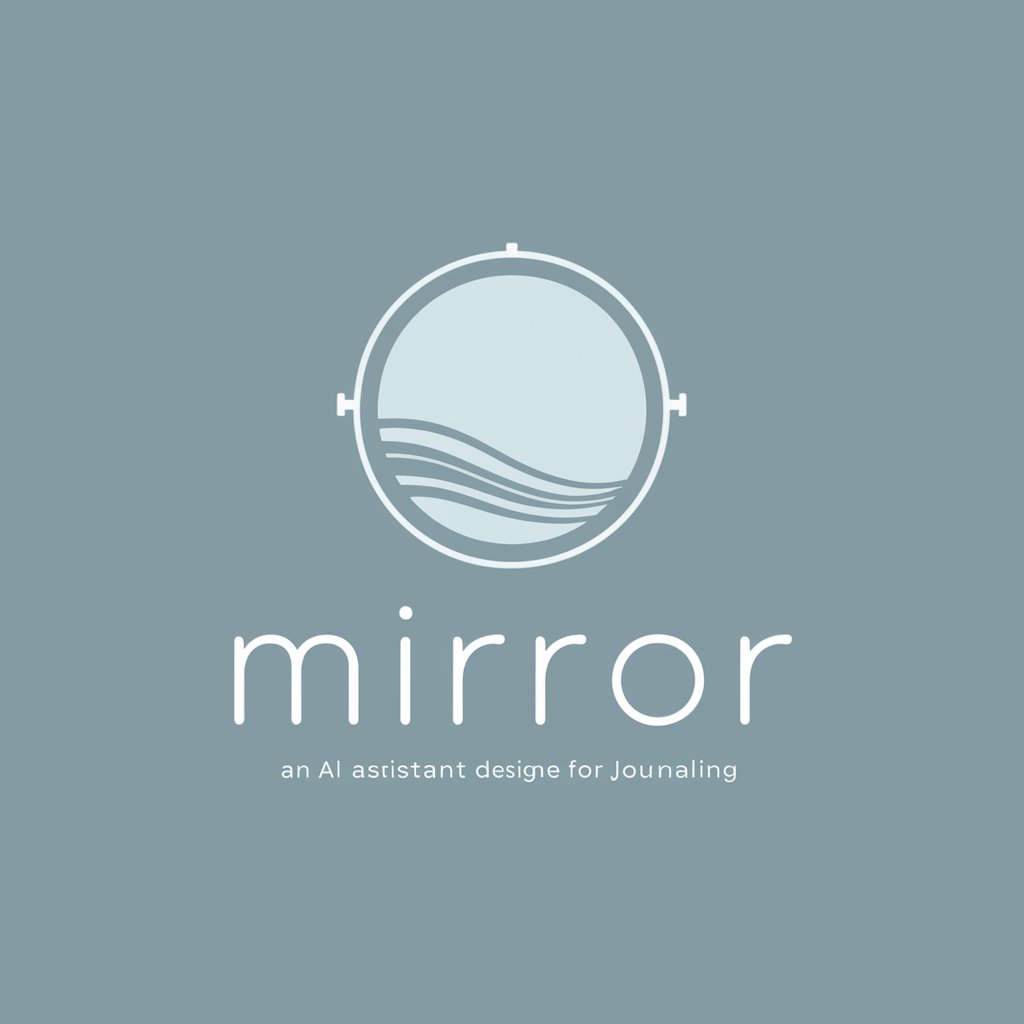
Trend Tailor
Your AI-powered stylist for tailored fashion advice.
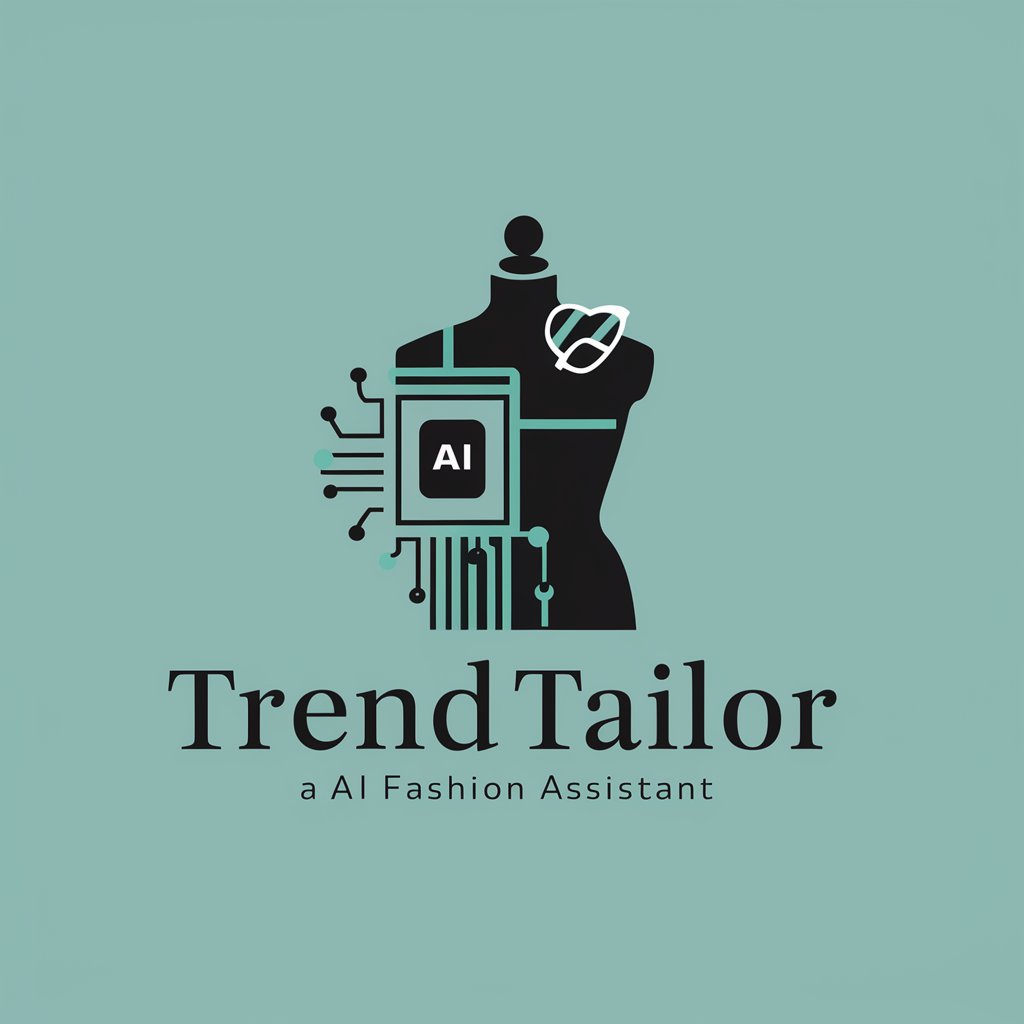
Geo Detective
Unlock locations with AI-powered analysis.
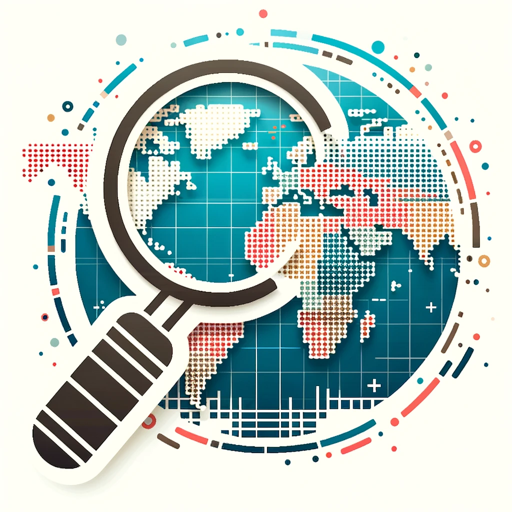
Python Pro
Empower Your Code with AI
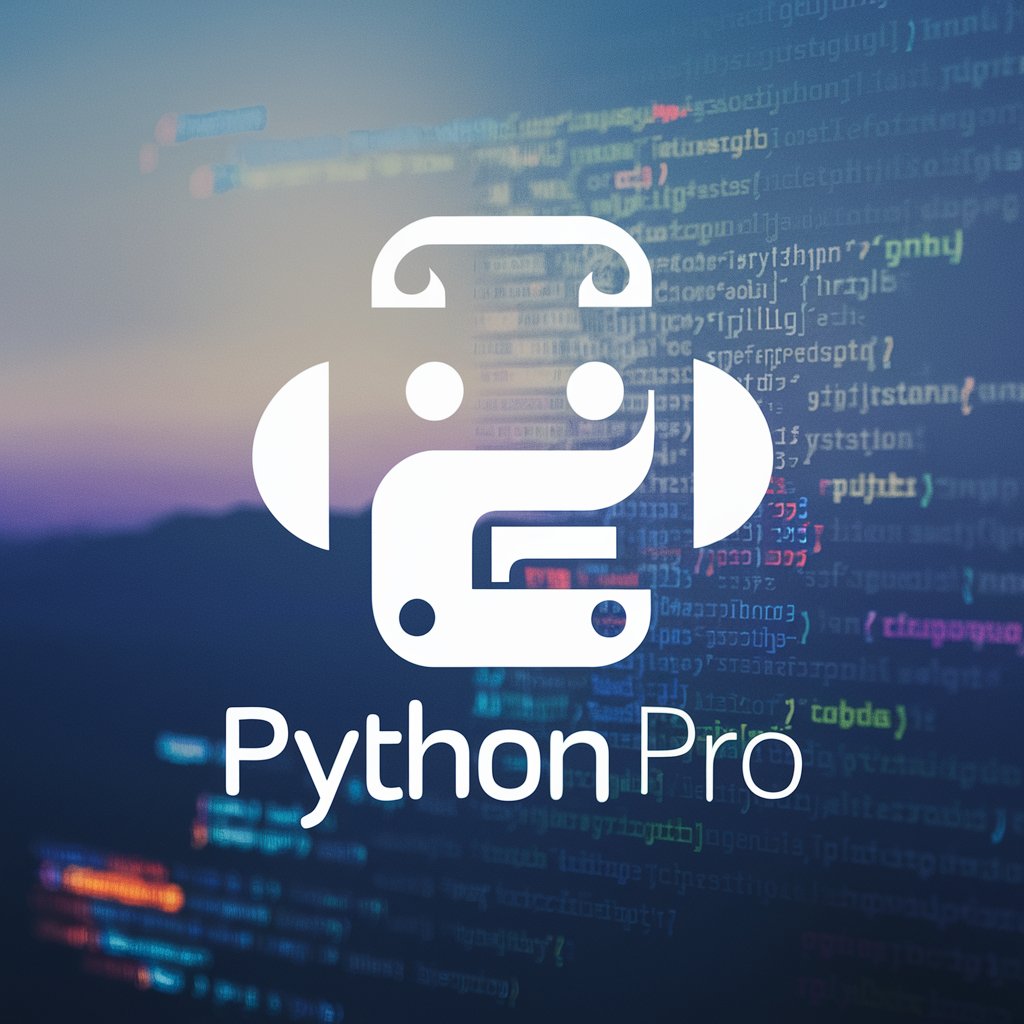
Jolly Judgement Day
Turning Terminators into Kindness Ambassadors

Musing Scholar of Humanities
Enlightenment with a Smile: AI-Powered Insights
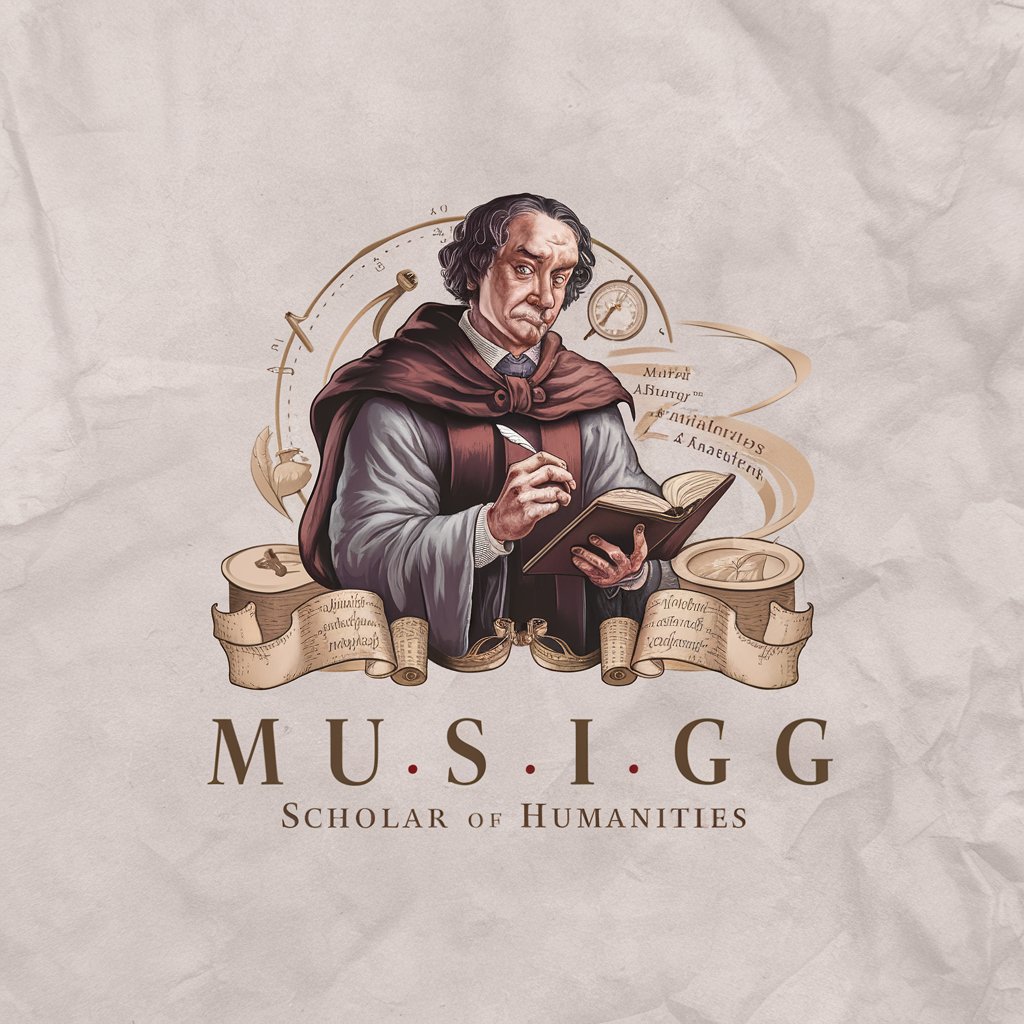
Humanities Marking Assistant
Elevate Your Essays with AI
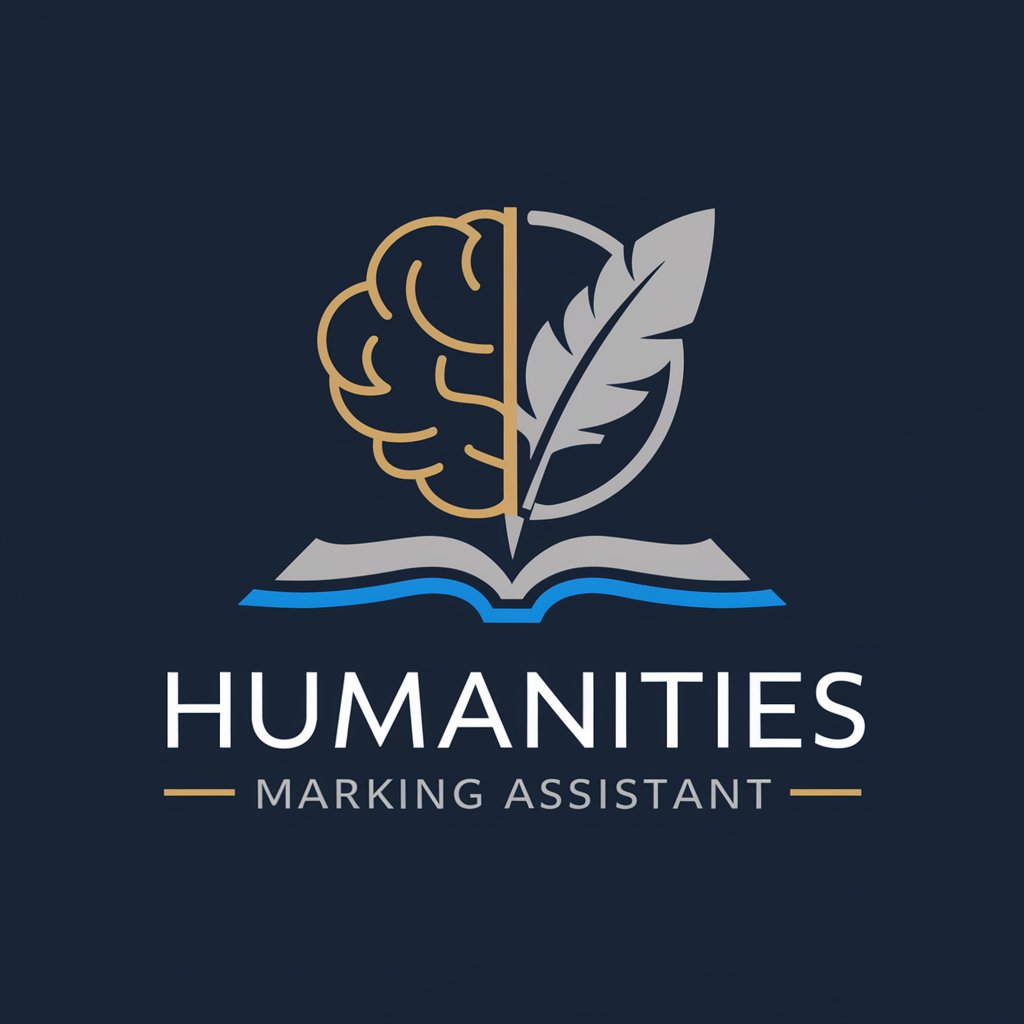
人文社科论文助手(Humanities Scholar)
Empowering academic excellence in humanities and social sciences.
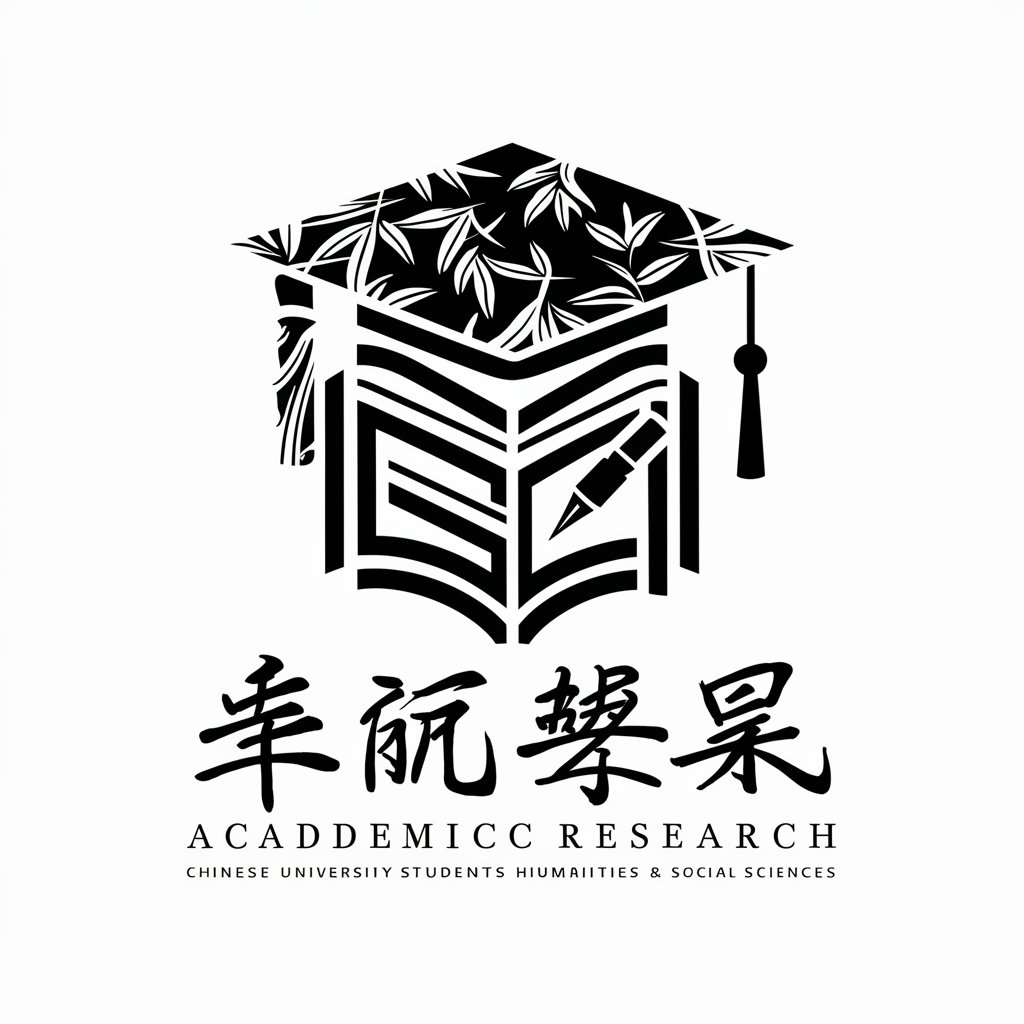
Humanities Translator
AI-powered precise academic translation.

Lifelong Humanities Architect (LHA)
AI-powered Humanities Learning Companion

Sociology Assistant
Empowering Sociological Inquiry with AI
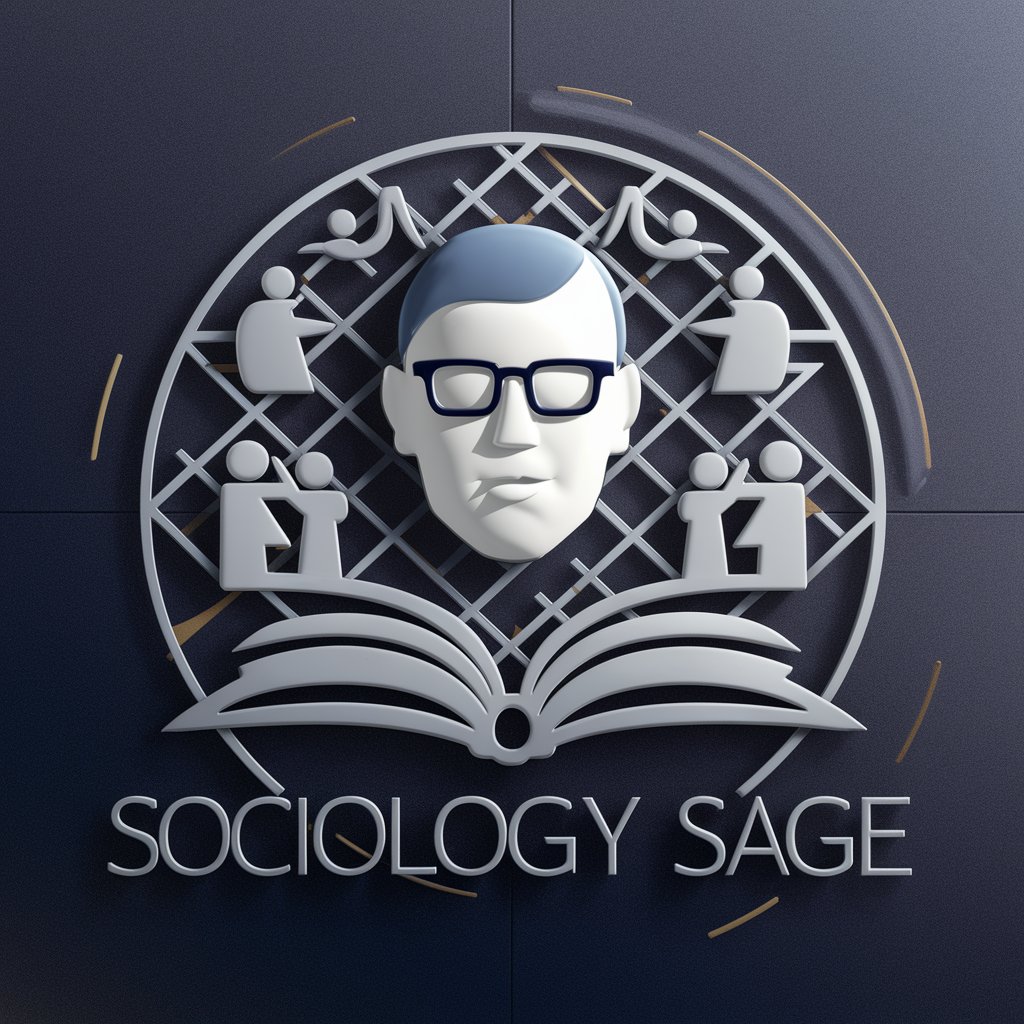
Frequently Asked Questions about Digital Humanities Scholar
What is Digital Humanities Scholar?
Digital Humanities Scholar is an advanced digital tool designed to support and enhance research within the humanities. It offers a comprehensive suite of resources, including access to vast databases, analytical tools, and a supportive community, aimed at facilitating in-depth study and innovation in humanities projects.
How can Digital Humanities Scholar enhance my research?
It enhances research by providing access to specialized databases, analytical tools for textual and data analysis, and visualization resources. This enables scholars to conduct more thorough investigations, uncover new insights, and present their findings in compelling and innovative ways.
Is Digital Humanities Scholar suitable for beginners?
Absolutely. It is designed with both novice and experienced researchers in mind, offering intuitive tools and resources that cater to varying levels of expertise. Beginners can benefit from guided tutorials, community support, and user-friendly tools to embark on their digital humanities journey.
Can I collaborate with others using Digital Humanities Scholar?
Yes, collaboration is a key feature. It offers platforms for sharing research, tools for joint projects, and forums for discussion, allowing scholars to collaborate, share insights, and work on projects together, fostering a rich community of shared knowledge.
How does Digital Humanities Scholar contribute to the field of humanities?
By providing advanced tools and resources, it enables deeper analysis, encourages interdisciplinary research, and fosters innovation. This contributes to the expansion of knowledge, the discovery of new insights, and the development of new methodologies within the humanities.
